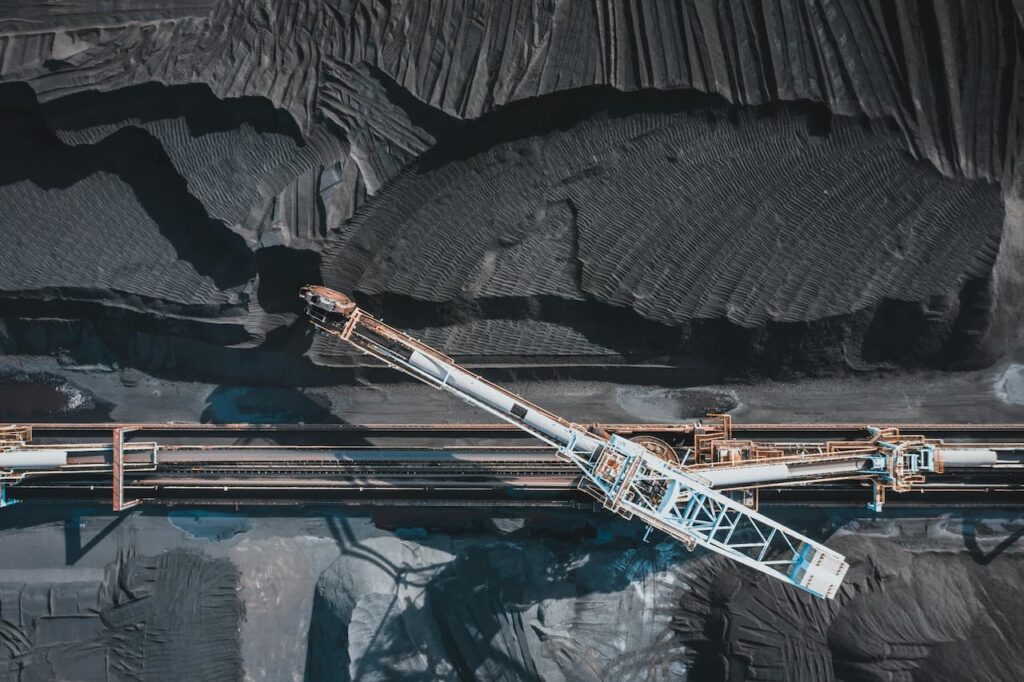Mining Feasibility Study Reports: A Foundation for Responsible Resource Development
As the world transitions toward cleaner energy sources, the role of mining in providing essential raw materials is more critical—and scrutinized—than ever. Balancing resource extraction with environmental and social responsibility is no longer optional. At the heart of this balance lies the feasibility study report, a comprehensive analysis that evaluates whether a mining project is technically feasible, economically viable, and environmentally sustainable.
Feasibility study reports are indispensable in the mining industry, guiding companies from exploration to execution. By ensuring compliance with international standards such as NI 43-101 and JORC, these reports help establish transparency, credibility, and alignment with global sustainability goals. Furthermore, the integration of innovative practices and modern consulting expertise has redefined how feasibility studies contribute to sustainable resource development.
What Are Feasibility Study Reports?
A feasibility study mining report is a technical document that evaluates the potential of a proposed mining project. These studies are divided into three key stages, each providing increasing levels of detail:
- Preliminary Economic Assessment (PEA): A high-level evaluation to determine whether further exploration is worthwhile.
- Pre-Feasibility Study (PFS): A detailed assessment that refines the project’s scope, including technical, financial, and environmental aspects.
- Definitive Feasibility Study (DFS): The final and most comprehensive stage, used to make investment decisions and secure regulatory approvals.
Each stage of the feasibility study focuses on reducing uncertainties, identifying risks, and presenting actionable plans for responsible project execution. These reports are foundational to project success, helping companies navigate the complexities of modern mining.
The Importance of Compliance: NI 43-101 and JORC Standards
Compliance with international standards is critical for the credibility of feasibility study reports. Two of the most prominent frameworks are NI 43-101 and JORC, both of which ensure transparency and reliability in reporting mineral resource information.
- NI 43-101: This Canadian standard, established by the Canadian Securities Administrators (CSA), governs the disclosure of scientific and technical information about mineral properties. It requires Qualified Persons (QPs) to prepare or supervise the preparation of reports, ensuring accuracy and professionalism.
- JORC: The Australasian Joint Ore Reserves Committee Code (JORC) is widely used in Australia and internationally. It provides guidelines for the public reporting of exploration results, mineral resources, and ore reserves, emphasizing the principles of transparency, materiality, and competence.
By adhering to these frameworks, mining companies not only meet regulatory requirements but also enhance investor confidence and ensure alignment with global best practices.
Sustainability in Feasibility Study Reports
Modern mining projects are under increasing pressure to align with environmental, social, and governance (ESG) principles. Feasibility study reports now go beyond technical and economic evaluations to include sustainability-focused measures such as:
- Carbon Reduction Strategies: Integrating renewable energy sources, electrifying equipment, and adopting energy-efficient practices.
- Water Management Plans: Minimizing water usage through recycling systems and innovative treatment technologies.
- Land Rehabilitation and Biodiversity: Developing comprehensive plans for restoring ecosystems after mining operations conclude.
- Community Engagement: Actively involving local communities in project planning and ensuring benefits such as employment opportunities and infrastructure development.
These sustainability initiatives are not just ethical imperatives; they are increasingly required to gain regulatory approval and maintain a social license to operate.
The Role of Feasibility Studies in Coal Mining
Coal mining, despite its controversial environmental impact, remains a critical part of the global energy mix. Feasibility study reports play an essential role in assessing the viability of coal projects, especially as the industry faces mounting pressure to adopt cleaner and more sustainable practices. These reports can help coal mining projects transition toward sustainability by:

- Evaluating Alternatives: Exploring potential applications for mined coal, such as carbon capture and storage (CCS) or conversion to low-carbon fuels.
- Assessing Environmental Impact: Conducting rigorous studies to mitigate air and water pollution.
- Planning for Mine Closure: Developing strategies for land reclamation and post-mining land use.
Feasibility studies in coal mining must address the dual challenge of meeting energy demands while minimizing environmental harm.
Consulting Services for Feasibility Studies
The preparation of feasibility study reports requires a multidisciplinary approach, involving geologists, engineers, economists, and environmental experts. Consulting services, such as those offered by K-MINE, provide the expertise and resources needed to deliver comprehensive and compliant feasibility study reports.
K-MINE’s consulting services are tailored to meet the unique needs of each mining project. Key offerings include:
- Preparation of NI 43-101 and JORC-compliant reports, ensuring reports meet stringent global standards.
- Geological and resource modeling, leveraging advanced techniques to optimize resource estimation.
- Economic evaluations, conducting detailed cost-benefit analyses to maximize project profitability.
- Environmental and social impact assessments, incorporating ESG principles into every stage of project planning.
- Risk analysis and mitigation, identifying and addressing technical, financial, and operational risks.
By integrating cutting-edge methodologies with a commitment to sustainability, K-MINE empowers mining companies to navigate the complexities of modern resource development.
Coal Mining and the Transition to Renewable Energy
Coal mining is at the center of a global energy transition. While it continues to supply a significant portion of the world’s energy, the shift toward renewables is reshaping the industry. Feasibility study reports are crucial in helping coal projects adapt to this new reality. For example:
- Repurposing Mines: Feasibility studies can explore the potential of converting closed coal mines into renewable energy hubs, such as solar farms or pumped hydroelectric storage sites.
- Carbon Offset Strategies: Evaluating the feasibility of incorporating carbon offset measures, such as reforestation or CCS technologies.
- Innovative Use of Byproducts: Identifying sustainable uses for coal byproducts, such as fly ash in construction materials.
These initiatives demonstrate how coal mining can contribute to the global energy transition while reducing its environmental footprint.
Why K-MINE Stands Out in Feasibility Study Consulting
K-MINE’s consulting services are uniquely positioned to address the dual challenges of resource development and sustainability. By combining industry expertise with innovative approaches, K-MINE delivers feasibility study reports that are comprehensive, compliant, and aligned with global sustainability goals.
With experience across diverse mining projects, including coal, metals, and critical minerals, K-MINE has established itself as a trusted partner in the mining industry. Its consulting team works closely with clients to develop tailored solutions, ensuring that projects are not only economically viable but also environmentally responsible.
Conclusion: Building a Sustainable Future for Mining
Feasibility study reports are more than technical evaluations—they are strategic roadmaps that define the future of mining projects. By integrating technical rigor, financial insight, and sustainability measures, these reports ensure that mining projects are viable and responsible.
For companies navigating the complexities of feasibility study preparation, K-MINE offers unparalleled consulting expertise. With a commitment to sustainability and compliance, K-MINE helps mining projects achieve their full potential while contributing to a cleaner, more sustainable future.
By focusing on responsible resource development, K-MINE ensures that mining remains an integral part of the global economy without compromising environmental integrity. Whether for coal, metals, or critical minerals, feasibility study reports are the key to aligning mining operations with the world’s evolving priorities.





